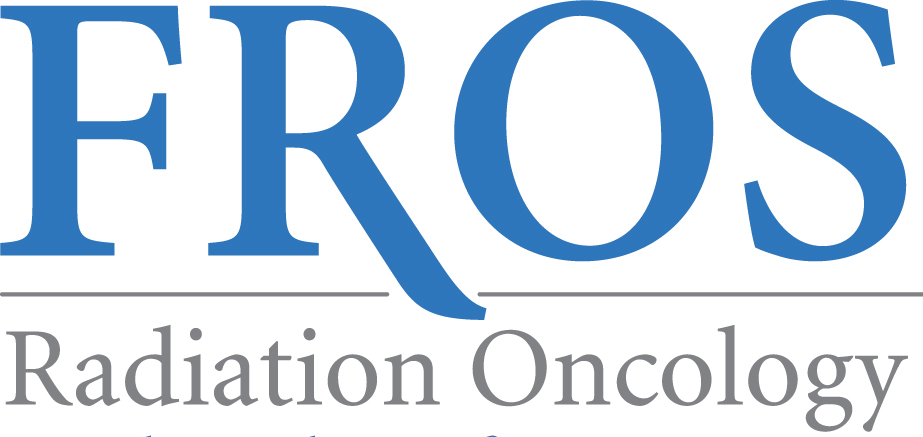Kidney Cancer
/WHAT IS KIDNEY CANCER?
Kidney Cancer (Renal Carcinoma) is not a single disease; it is made up of a number of different types of cancer that occur in the kidney, including clear cell, type 1 and type 2 papillary, chromophobe, and oncocytoma. Each year in the United States, there are approximately 31,900 cases of kidney and upper urinary tract cancer, resulting in more than 11,900 deaths.
RISK FACTORS OF KIDNEY CANCER
A number of environmental, occupational, hormonal, cellular, and genetic factors have been studied as possible causal factors in the development of renal carcinoma. Cigarette smoking has been found to be a risk factor. Obesity is associated with an increased risk of development of renal carcinoma, particularly in women. Analgesic abuse, which is known to be associated with renal pelvis cancer, is also associated with an increased incidence of kidney cancer. There is an increased incidence of renal carcinoma in patients with end-stage renal disease who develop acquired cystic disease of the kidneys.
SYMPTOMS OF KIDNEY CANCER
Common signs and symptoms of a kidney cancer include: palpable mass in the abdomen, hematuria, and hydronephrosis. There may also be no signs or symptoms, however. A palpable mass is by far the most common sign.
DIAGNOSIS OF KIDNEY CANCER
Diagnostic modalities used to evaluate and stage renal mass lesions have evolved from excretory urography to arteriography, venography, CT, ultrasound, and magnetic resonance imaging (MRI). Biopsy is still the definitive diagnosis method.

